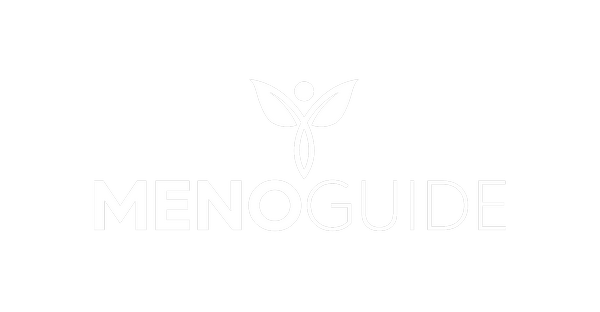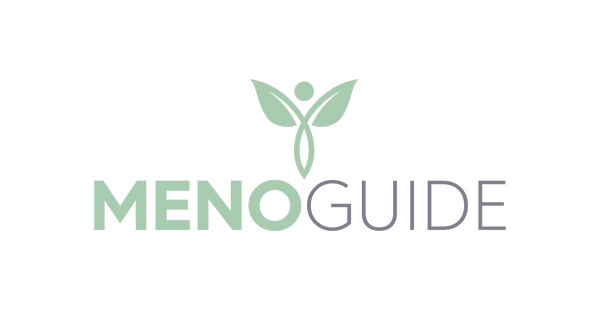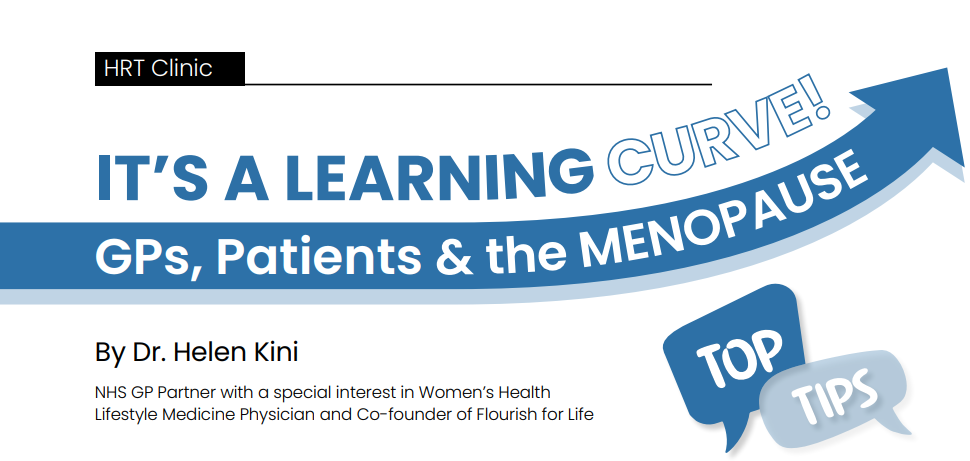Who remembers being taught about the menopause in school? I certainly don’t. But what is worse is that even during my time in medical school in the early 2000s, I remember there being more discussion around rare syndromes than there was talk about the menopause. Menopause? That’s just when periods stop! We don’t need to talk about more than that! Fortunately, things are changing.
It wasn’t just the lack of teaching at that time that led to issues. It was in my early years as a GP, when I witnessed the impact of studies that were reported on by the wider media, often drawing their own conclusions. These caused significant anxiety and worry both for patients and GPs around the perceived risks of HRT. Many women across the world stopped taking HRT overnight and many doctors became reluctant to prescribe it.
In recent years, reviews of these original papers along with new evidence have brought a greater understanding of the relative safety of HRT. We also now know how incredibly important lifestyle is to help treat symptoms. These lifestyle changes come with an added bonus – improved long term health outcomes.
At long last, menopause is now being talked about more openly. Publication of the NICE Guidelines in the UK in 2015, and several celebrity menopause campaigners, have contributed to this significantly. We still have a way to go, but things are moving in the right direction. The medical community is also improving education, awareness and openness about this fundamental topic.
Personally, I find supporting women during this transition incredibly rewarding. As a GP, we work with you to exclude any underlying conditions, explore lifestyle factors that may be contributing to your symptoms and consider potential treatment of symptoms if needed. We also need to consider the impact on your long term health and create an individual shared management plan. Yes, NHS GPs are busy.
Yes, some don’t have as much knowledge and confidence in this area. But, your consultation matters and we want to see you! From my own experience, seeing women day in day out in my NHS clinic, I have a few tips to help you get the right advice, support and treatment during this transition and beyond.
TOP TIPS
- Ask to talk to/see a clinician with an interest in women’s health/ menopause – this may be a Practice Nurse, GP or Advanced Nurse Practitioner.
- Write down your symptoms, how long have you had them, plus any change in your periods. Use a symptom checker to document and track symptoms.
- Educate yourself about menopause and prioritise selfcare.
- Use trusted resources such as Menopause Experts Group and the #AskMEG section, as well as NHS sites and the British Menopause Society – they all have information/leaflets.
- Prioritise yourself! This is often the key to unlocking improved health and well-being. Yes, for some, HRT is part of the solution, but it won’t work in isolation and it isn’t suitable for everyone. Self-care is not selfish, it’s crucial!
- A menopause consultation takes time, so you may need to book a double appointment. HRT regimes can take a while to get right. A sustainable solution can often be found, so persevere.
- If you aren’t met with a positive response or feel unheard, ask to see another healthcare professional. Again, your consultation matters! Please reach out and get the support you need.
For MEG Symptom checker Click Here!


